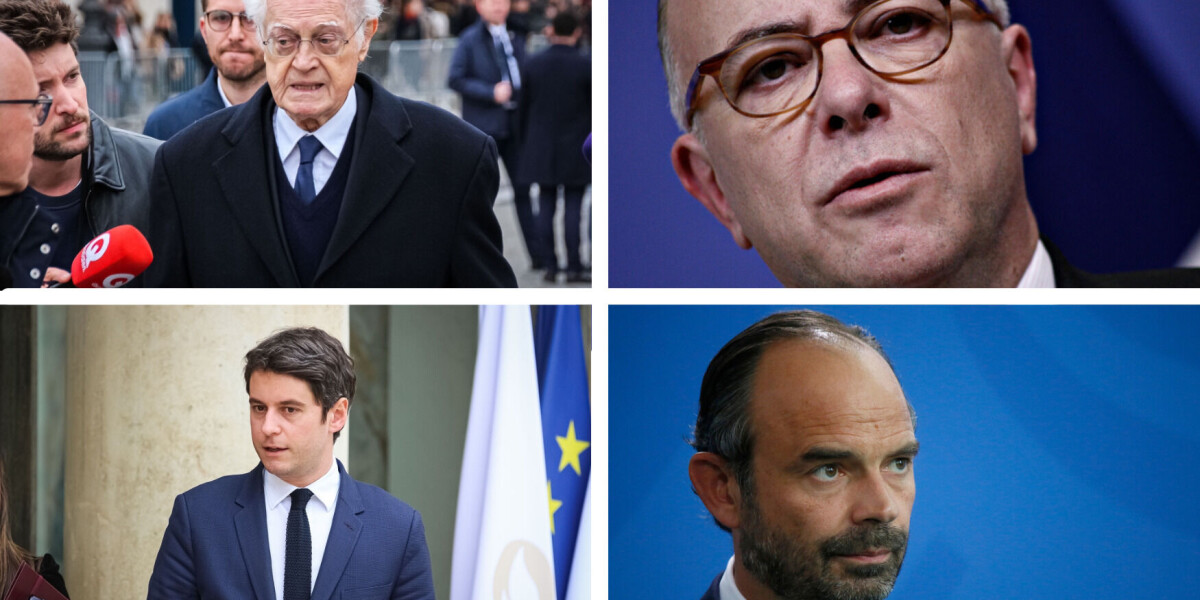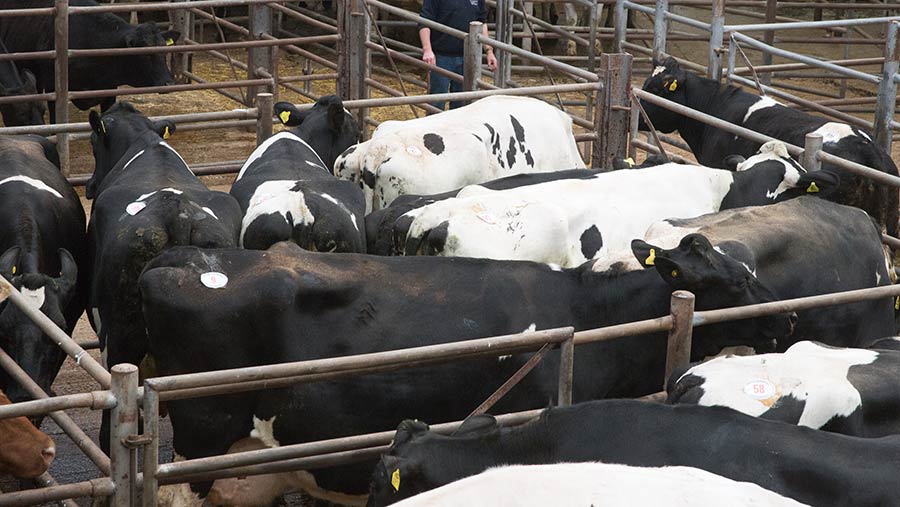
- Select a language for the TTS:
- UK English Female
- UK English Male
- US English Female
- US English Male
- Australian Female
- Australian Male
- Language selected: (auto detect) - EN
Play all audios:
THINK OF YOUR ANSWER BEFORE CHECKING OUR GRAPH The recent appointment of Michel Barnier as France’s new prime minister has made him the fifth person to hold the role under Emmanuel Macron.
Read more: Michel Barnier is named as France's new prime minister This is the second highest number of prime ministers to serve under a single president in the Fifth Republic – François
Mitterrand appointed seven during his tenure, however this was spread over a period of 14 years compared to Mr Macron’s seven. Mr Barnier replaces Gabriel Attal, who is the second shortest
serving prime minister under the Fifth Republic, spending less than eight months in the role. Bernard Cazeneuve, who was touted as a potential successor to Mr Attal, spent the least amount
of time in the role – just over five months. POMPIDOU A TOWERING FIGURE In contrast, Georges Pompidou spent more than six years as prime minister during Charles de Gaulle’s presidency,
before going on to serve as president. This makes him the longest serving prime minister of modern French history, and not just the longest of the current Fifth Republic. Overall, there
have been 27 prime ministers since the creation of the Fifth Republic in 1959. Our visual below shows both the political affiliation of the prime minister, alongside the dates and length
they served. It is worth noting the ‘cohabitation’ governments that have appeared during the Republic. This happens when a legislative election sees the majority of MPs elected to the
Assemblée nationale belong to a different party than the current president. Cohabitation governments occurred twice under François Mitterrand, and once under Jacques Chirac. Mr Barnier’s
current government would not be classed as a cohabitation government, despite him being from the right-wing Républicains group and not the centrist party of Emmanuel Macron. This is because
the appointment has been made with the aim of creating a coalition ranging across the political spectrum, and not because Mr Barnier’s party won the most seats. The president is expected to
appoint a prime minister from the party with the largest number of MPs. Mr Macron has gone against this rule with Michel Barnier’s appointment, although here he argues it has the best chance
of stability, with the appointment of a left-wing prime minister almost certain to be immediately toppled. Mr Barnier is also not a sitting MP or leader of the party, but is seen as a
senior political figure that Mr Macron hopes can bind parliament together, at least temporarily. Read more: Marine Le Pen: ‘We expect Michel Barnier to act’



